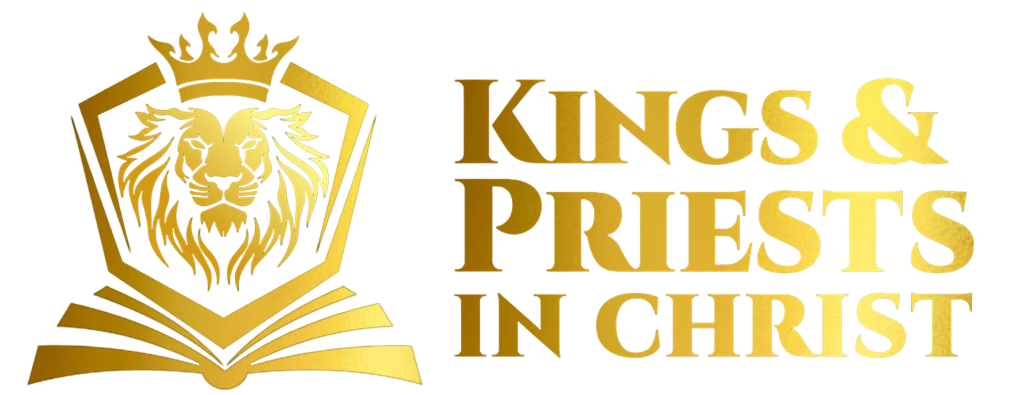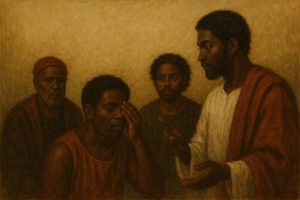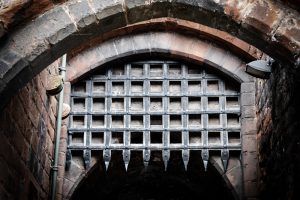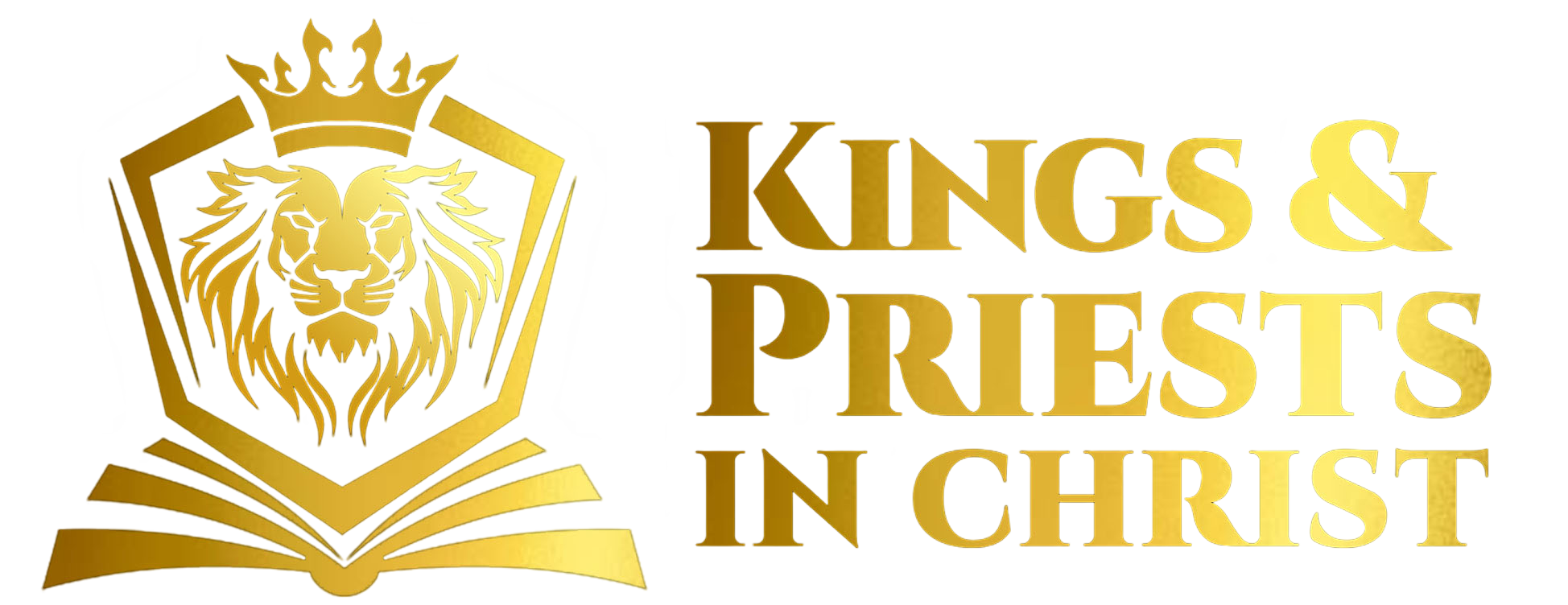Exodus 9:29
So Moses said to him, “As soon as I have gone out of the city, I will spread out my hands to the Lord; the thunder will cease, and there will be no more hail, that you may know that the earth is the Lord’s
Some days ago, I was in pain but not the physical kind. I was despondent / mentally crushed and very much overwhelmed at some news and how some things seemed to be unraveling and as I moved about the house, I felt the urge to pray.
As I prayed, with tears streaming down my eyes and a mixture of words and tongues, I found myself lifting my hands up which is not unusual for many of us given we lift our hands up to worship and praise. I found my arms extended outwards but here’s where it got different for me; the words were suddenly stuck in my throat but I was still praying..
There was not a sound coming out but there was such a sound coming out and it was strange in it’s raw form — helpless, humble expectation and just a cry for mercy/help.
Today, while studying the plagues of Egypt and more specifically, the 7th Plague — the thunder and hail (of fire — this needs a dedicated article), Exodus 9: 29 and 33 stood out !
Verse 33:
So Moses went out of the city from Pharaoh and spread out his hands to the Lord; then the thunder and the hail ceased, and the rain was not poured on the earth.
The Holy spirit immediately made me understand that “this is a prayer posture”.
Verse 28: Pharaoh asked Moses to entreat (Hebrew root word is ʿāṯar which means to pray, entreat, supplicate) the Lord
Verse 29: Moses describes the “way” i.e. by spreading out his hands to the Lord and the expected outcome of that posture.
Verse 33 describes this posture and here’s a few things we can adopt:
1. Moses could have lifted his hands right there in front of Pharaoh but we see that he separated himself FIRST. “So Moses went out of the city from Pharaoh” What/Who do you need to separate yourself from in order to maximize this posture? For Moses, it was both a separation from a location/environment and also a person.
2. “and spread out his hands to the Lord”. Mathew Henry’s commentary describes it as “an outward expression of earnest desire and humble expectation.” I imagine all my toddlers in this posture where they lift both hands while fixing their gaze on me with the expectation that I will carry them. Kids do this all the time for comfort, warmth, out of fear and it’s just their all-round calling card when they go through a range of emotions with the added context that at this age/stage, they’re mostly unable to speak/express themselves properly.
Another thing that makes this posture effective is to ensure those spread out hands will always be to the Lord and none other (men of influence can be a god to you, money can be a god to you, relationships can be a god to you). Abraham in his response to the King of Sodom said “I have lift up mine hand unto the Lord, the most high God, the possessor of heaven and earth …” To rephrase, Abraham was saying “I have already identified the ONE who my dependence/allegiance will always belong to and as such, the hands/expectations cannot be spread out to anyone else even if there is physical evidence that the alternative can also provide some needs e.g. King of Sodom had a lot of goods ! Abraham did not even want a shoe lace from that king and the reason is that his gaze was on Jehovah!
No matter your age / status or where you are reading this, God wants to introduce you to a powerful posture which you’re already aware of but may have been doing wrong. Separation here does not always mean to leave your city but when you want to use this posture, put your full focus into the spreading of your hands and to the Lord.
This is not only a powerful prayer posture but also the description for “Yadah” which is one of the Hebrew words for “Praise” and root word for “Judah” as well.
Will you “spread out your hands to the Lord” and only Him? Today? Tomorrow and Always?
Author:
Tosin Oluwatola








